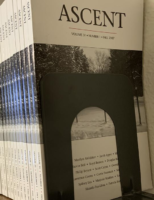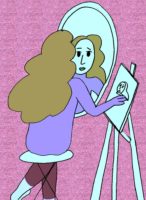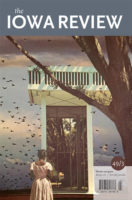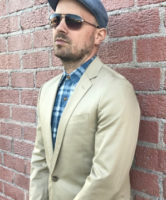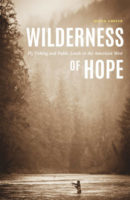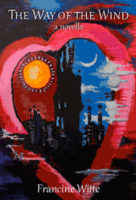 Guest Post by Arya F. Jenkins
Guest Post by Arya F. Jenkins
In The Way of the Wind, poet and writer Francine Witte’s sparse but packed novella in flash, loss has a dozen names and belongs as much to the present as the past. After being dumped by her boyfriend of five years, the narrator, Lily, finds herself not only overwhelmed with grief but with the memory of other losses and, as she tries to work through them, takes the reader on a frantic, all-too familiar journey.
The Way of the Wind is divided into short, emotionally-charged chapters that grip from the start. Bitter wit provides respite throughout: “Love is a lot like tennis, you know? The ball is everything. Everything. If you’re not watching it, you might as well be sipping tea.”
As is true in the work of any masterful flash fiction writer, the only thing the reader can count on here is the unexpected. As Witte takes the reader on a bumpy ride full of emotional twists, highs and lows, the angst and dramedy feel familiar; the ache, all too real. Lily tries everything to escape her pain, going over the “ifs,” making excuses for the other, fantasizing to keep from acknowledging that her biggest fear—abandonment—has come to pass. The only way out of grief and loss, the narrator seems to suggest, is by uniting with what there is—other humans who care, and acceptance.
The Way of the Wind by Francine Witt. Ad Hoc Fiction, 2019.
Arya F. Jenkins is a poet and writer whose prose has been recently published in About Place Journal, Across the Margins, Cleaver Magazine, Eunoia Review, Five on the Fifth, Flash Fiction Magazine, Metafore Literary Magazine, and Vol. 1 Sunday Stories Series. Her fiction has received several nominations for the Pushcart Prize. Her latest poetry chapbook, Love & Poison, was published by Prolific Press in November 2019, and her short story collection Blue Songs in an Open Key (Fomite, 2018) is here: www.aryafjenkins.com.
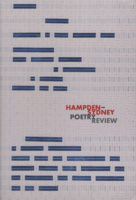

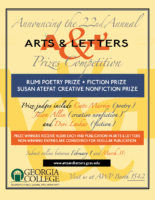
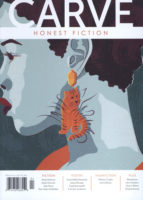
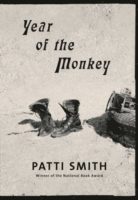
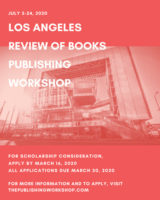
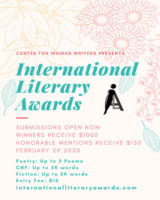

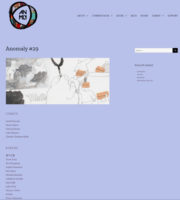
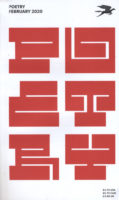
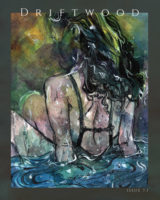
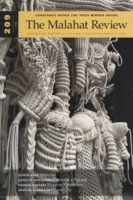
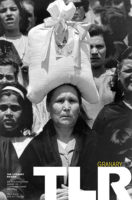
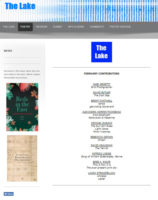
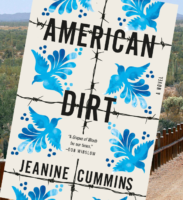
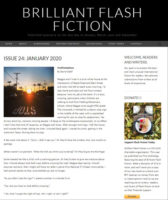
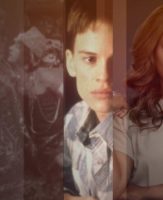
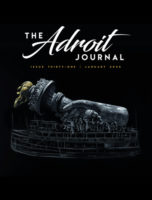
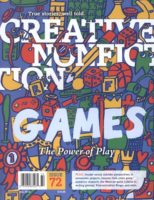
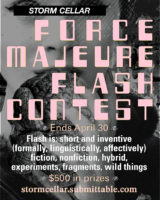
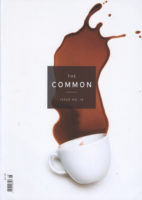

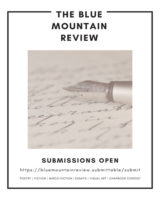
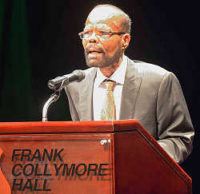
 The Stockholm Writers Festival is an annual event that takes place each spring in Stockholm, Sweden. They host the
The Stockholm Writers Festival is an annual event that takes place each spring in Stockholm, Sweden. They host the 